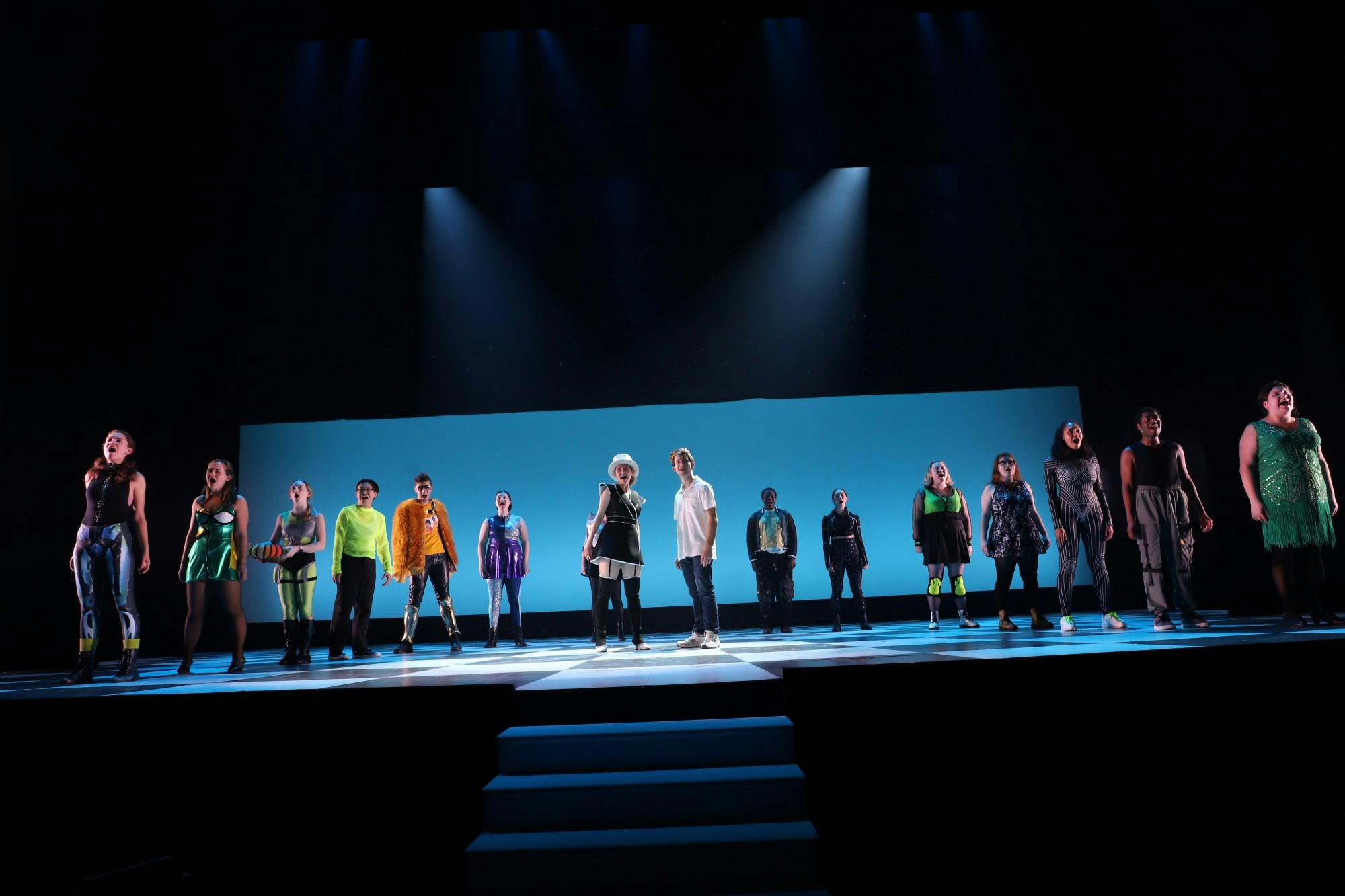This term, the Dartmouth theater department will put on pop musical “Pippin” as its MainStage production. The show opens on Nov. 4 and will run until Nov. 13 for a total of seven shows. The two-act musical, written by Roger O. Hirson, composed by Stephen Schwartz, follows Pippin — the heir to the throne of King Charlemagne — as he tries to find purpose by experimenting with art, war, religion, power, love and revolution.
Through a team of award-winning special guest directors — including Shirley Jo Finney, “Pippin” examines what it means to live meaningfully. The story is told by a troupe of traveling actors, led by the Leading Player. Upon returning from university, Pippin is searching for a purpose in life. He tries out different professions, lifestyles and places, but in the end, discovers that true happiness is more complicated.
According to Dan Kotlowitz, chair of the theater department and lighting designer for the musical, the main reason the MainStage committee chose “Pippin” was because of its joyful nature. The show is also about someone who is around college-aged and trying to figure out what they are going to do with their life.
“We look for something that seems relevant to the times, that we can cast and that the students are excited about,” Kotlowitz said. “And [‘Pippin’] is particularly relevant for college students.”
Kamila Boga ’25 — who plays Catherine, the love interest and ingénue — noted that the cast is giving the show a surrealist twist by placing it in a timeless era.
“We pay homage to the show’s original 1970s funk, especially through choreography,” Boga said. “But we also added this insane modernist, intergalactic vibe through costumes and visuals as well.”
Highly influenced by Rene Magritte’s paintings that juxtapose clouds with umbrellas and other items that seem out of place, the cast has incorporated similar abnormalities into the show. In a war scene, for example, instead of using swords, the cast brings out umbrellas.
Unique design elements are also found in the costumes, which were designed by Laurie Churba. The costumes are intricate and feature pieces made of computer chips and wires. A sun and clouds that fly in and out of the scene, in addition to a distorted, checkerboard floor make the audience feel like they are inside of a Magritte painting.
Although there is no definitive ending of “Pippin,” Kotlowitz noted that he hopes the audience finds pleasure in the music and dancing. He added that he wants attendees to leave the show with a sense of hope and the comfort that they are not alone in their struggles.
“There’s just some sort of uplifting sense of joy, which I think you get when you’re in a crowd of people in a theater watching live performers that’s different from anything else,” Kotlowitz said. “That’s what we hope the audience walks out with.”
Boga said that the most difficult part of the production process was finding a balance between rehearsal, schoolwork and other extracurriculars.
“We would normally meet for three hours a night,” Boga said. “Fully being able to separate yourself from the outside stressors, being fully present and devoted to the art that you’re creating in such a short amount of time is something that I found challenging.”
According to Kotlowitz, the show is similar to previous theater department productions in terms of its size and rehearsal process. However, the design elements are a bit unusual because many props and pieces of scenery fly in and out of the set.
“[Flying] is unusual for us. We do it sometimes, but we don’t do it to this extent,” Kotlowitz said. “There are a lot of scene shifts in the show, so that’s been complicated for tech, but it’s been extra fun to do.”
Leading Player Emma Ginsberg ’23 noted how stressful, yet “magical” the week leading up to the show’s opening has been.
“Tech week is always fun because it’s busy and it’s crazy and you’re in these long rehearsals, but it’s also kind of like a ‘we’re all in this together’ vibe that happens,” Ginsberg said.
“Pippin” is the final theater production that will be performed at the Hopkins Center before renovations begin. Because of this, Boga said the entire cast and crew are approaching these performances with additional gratitude.
“For anyone who comes to watch, we just want them to be fully immersed in the story and feel like they have a stake in it as well,” Boga said.
Ginsberg said she hopes that the show reminds the audience of the joys of live theater. She urges students to come to see “Pippin” because of the talent and the hard work that everyone has put into the show.
“Everyone gets their moment to shine,” Ginsberg said. “If there’s somebody that you know or love in the show, you will find even more to love in them by seeing them on stage because everybody is just phenomenal and has put so much hard work into this, and I’m very proud of everyone involved.”




